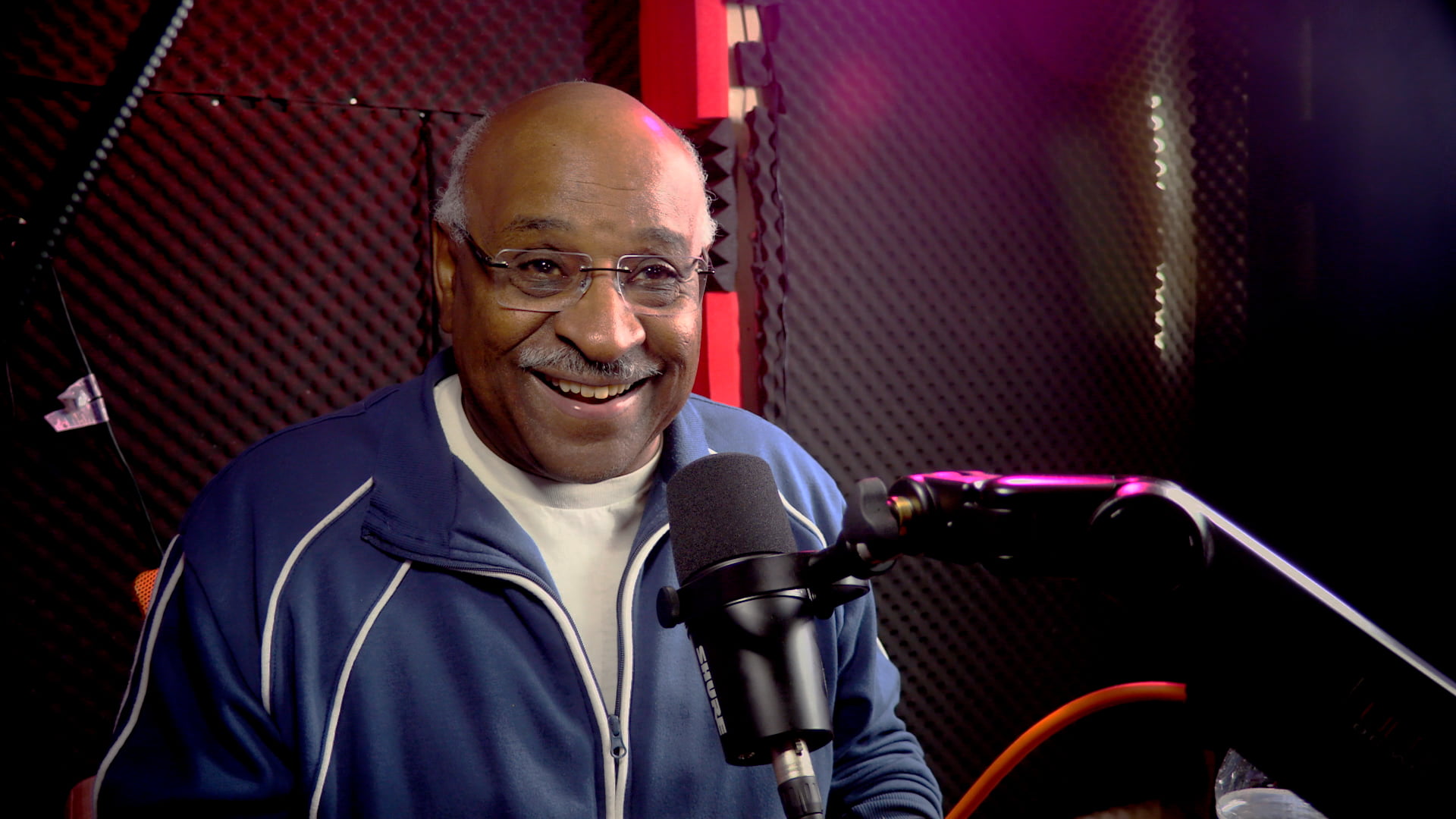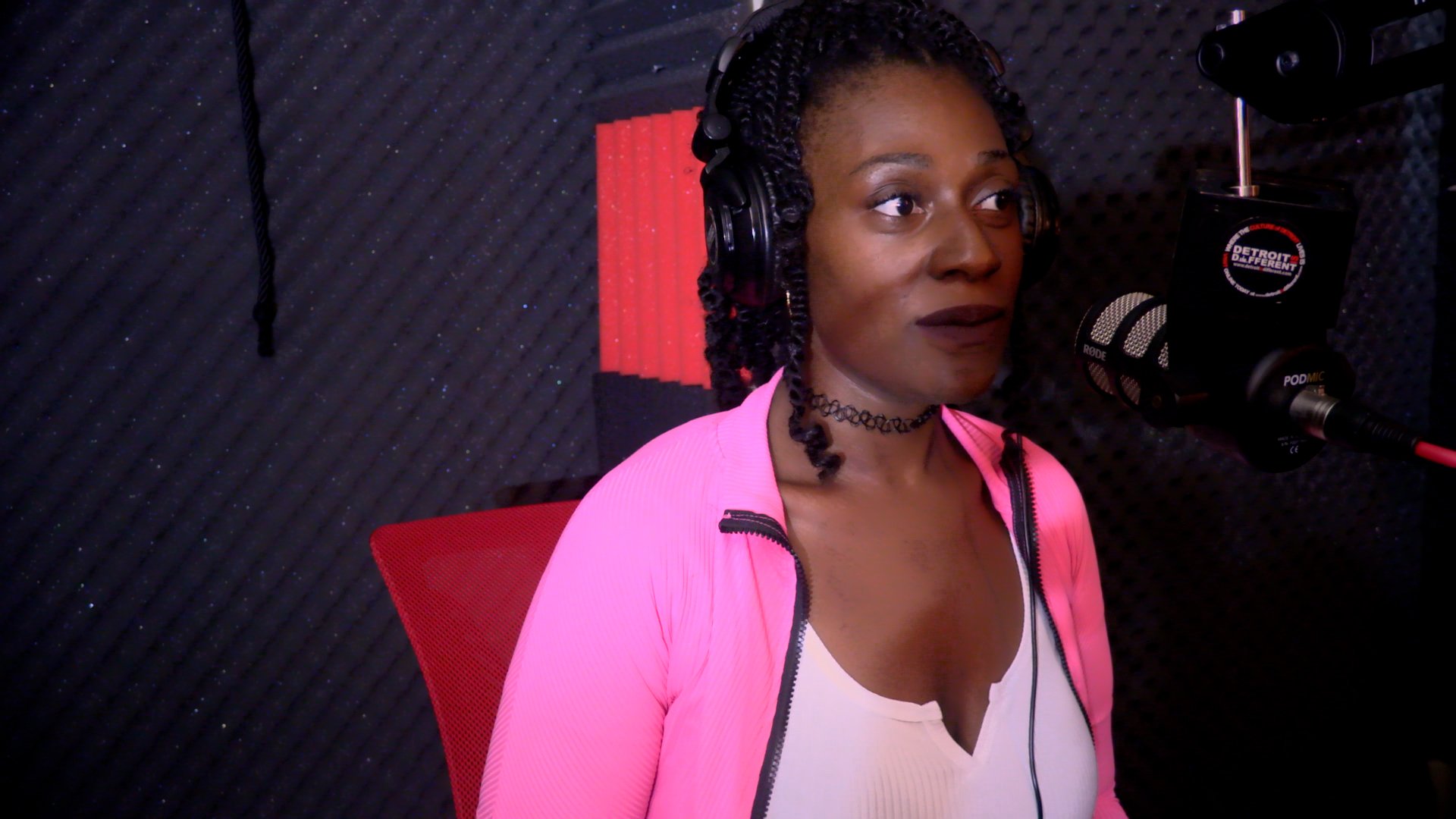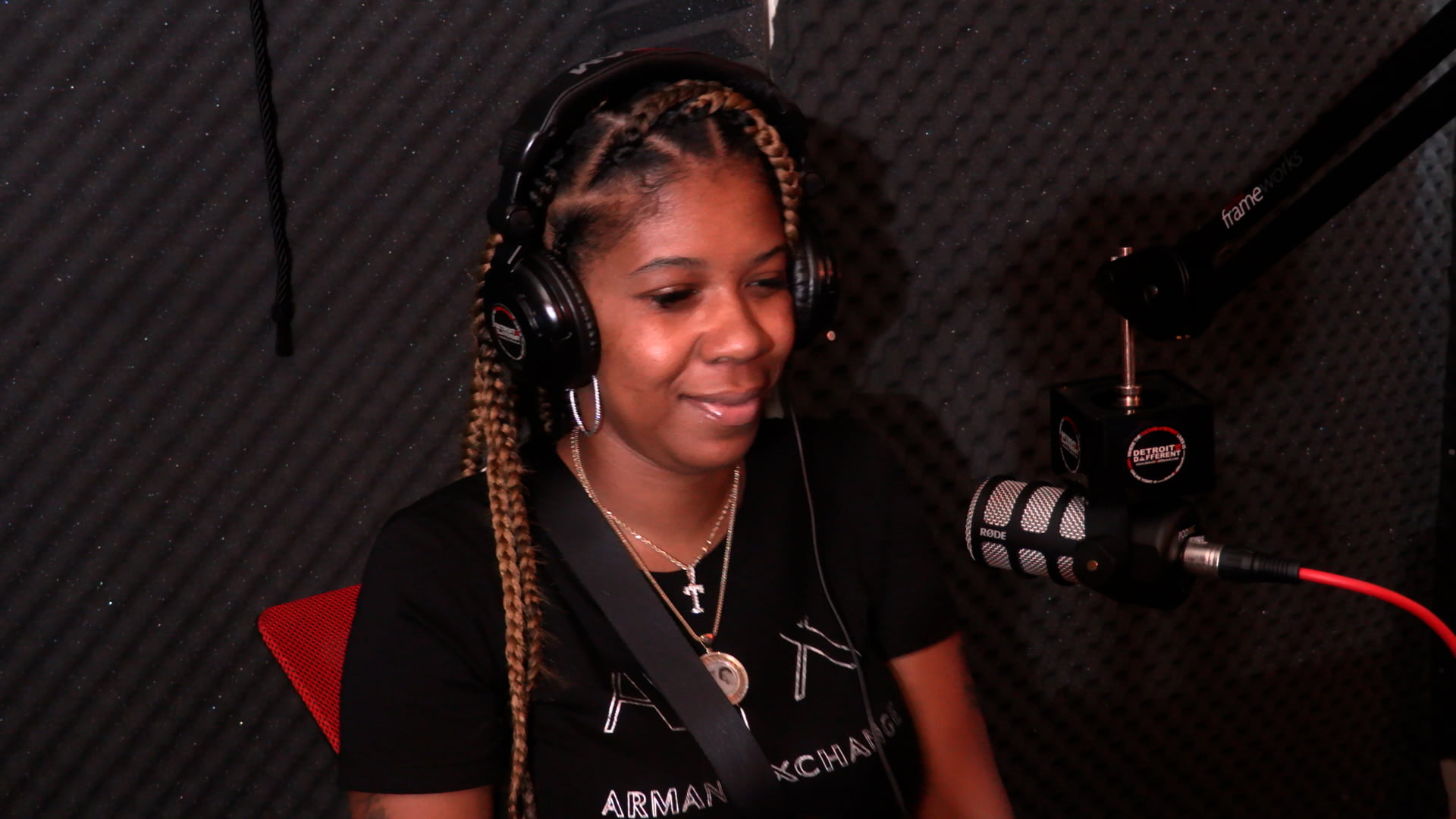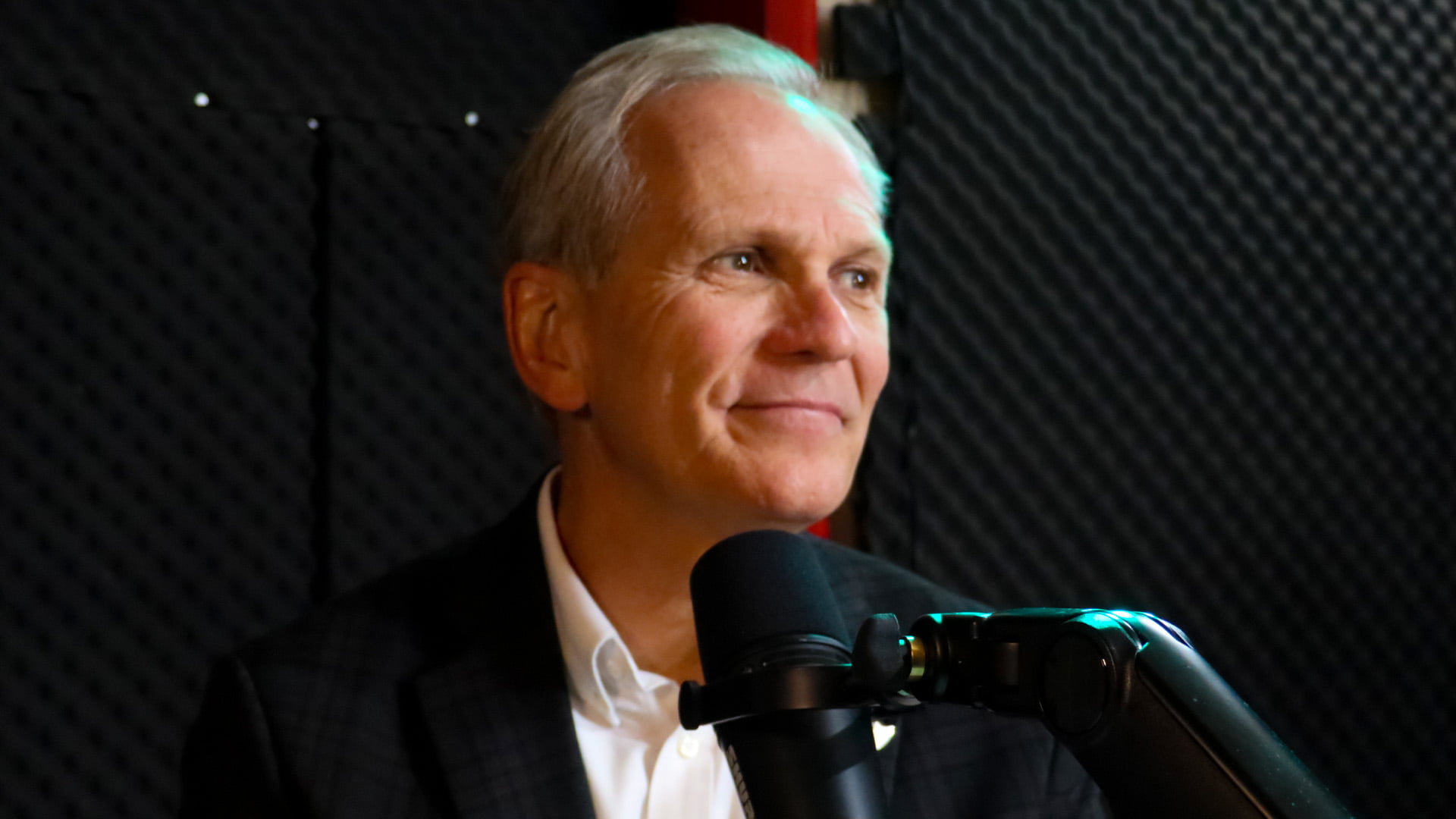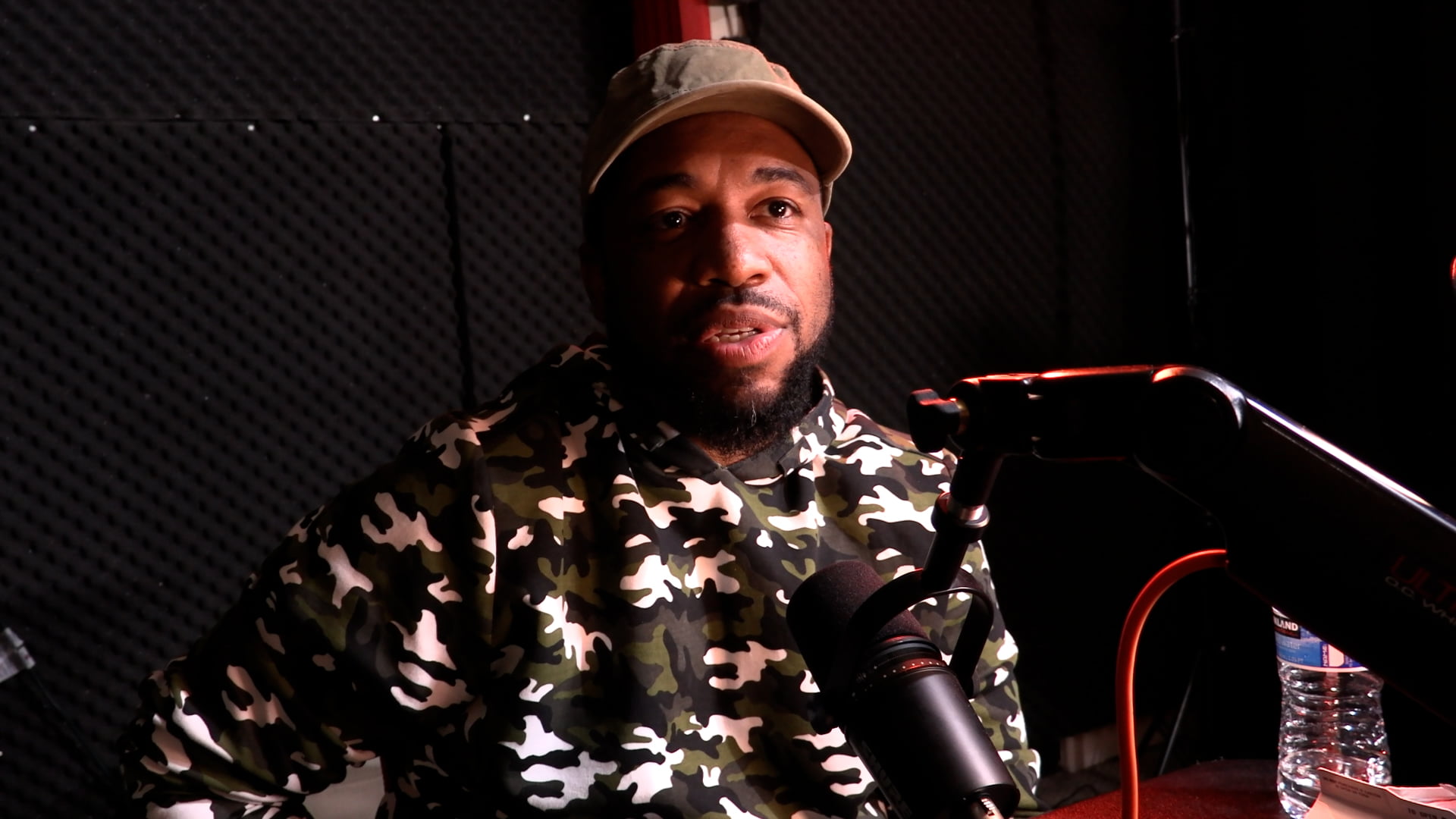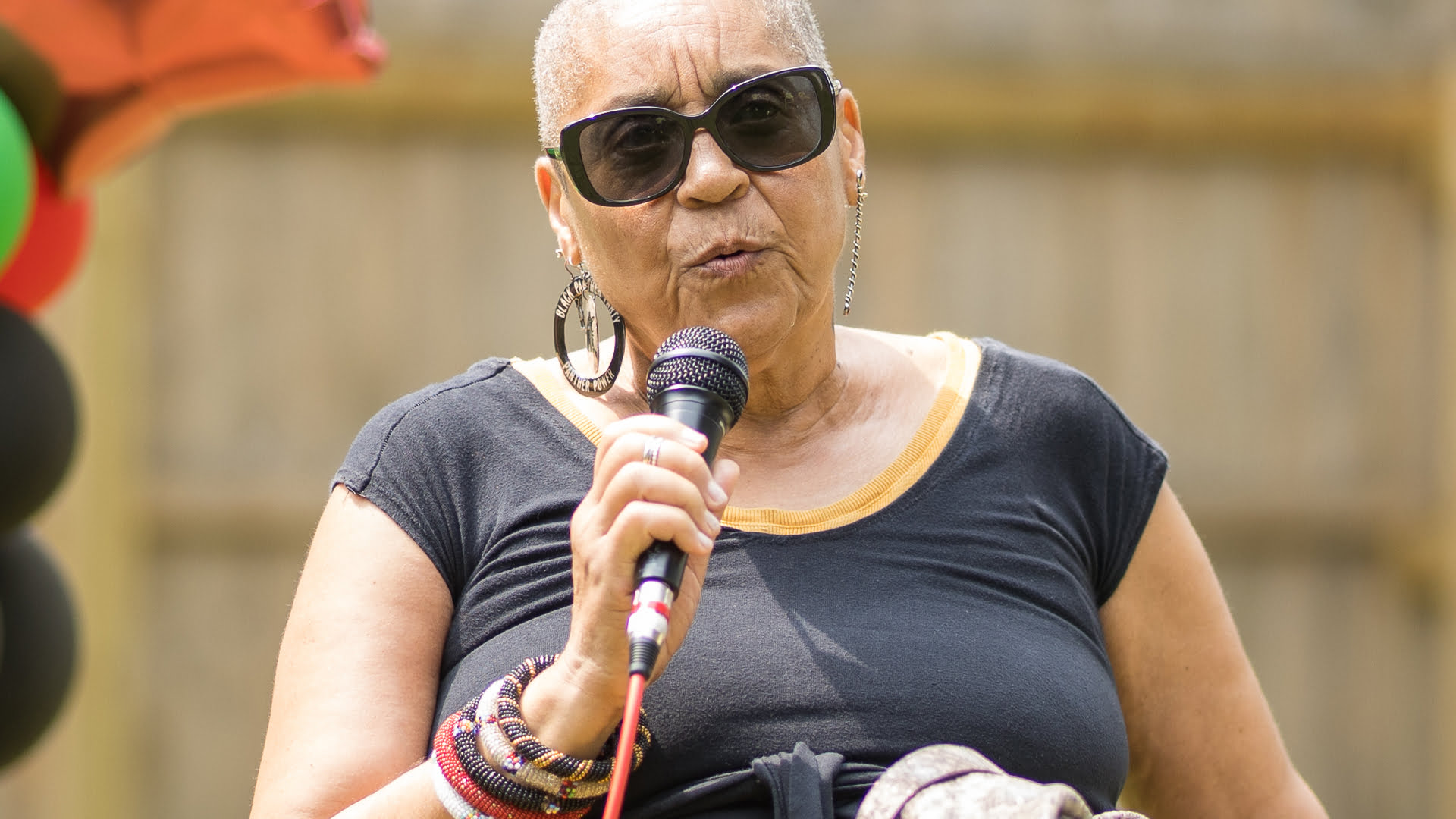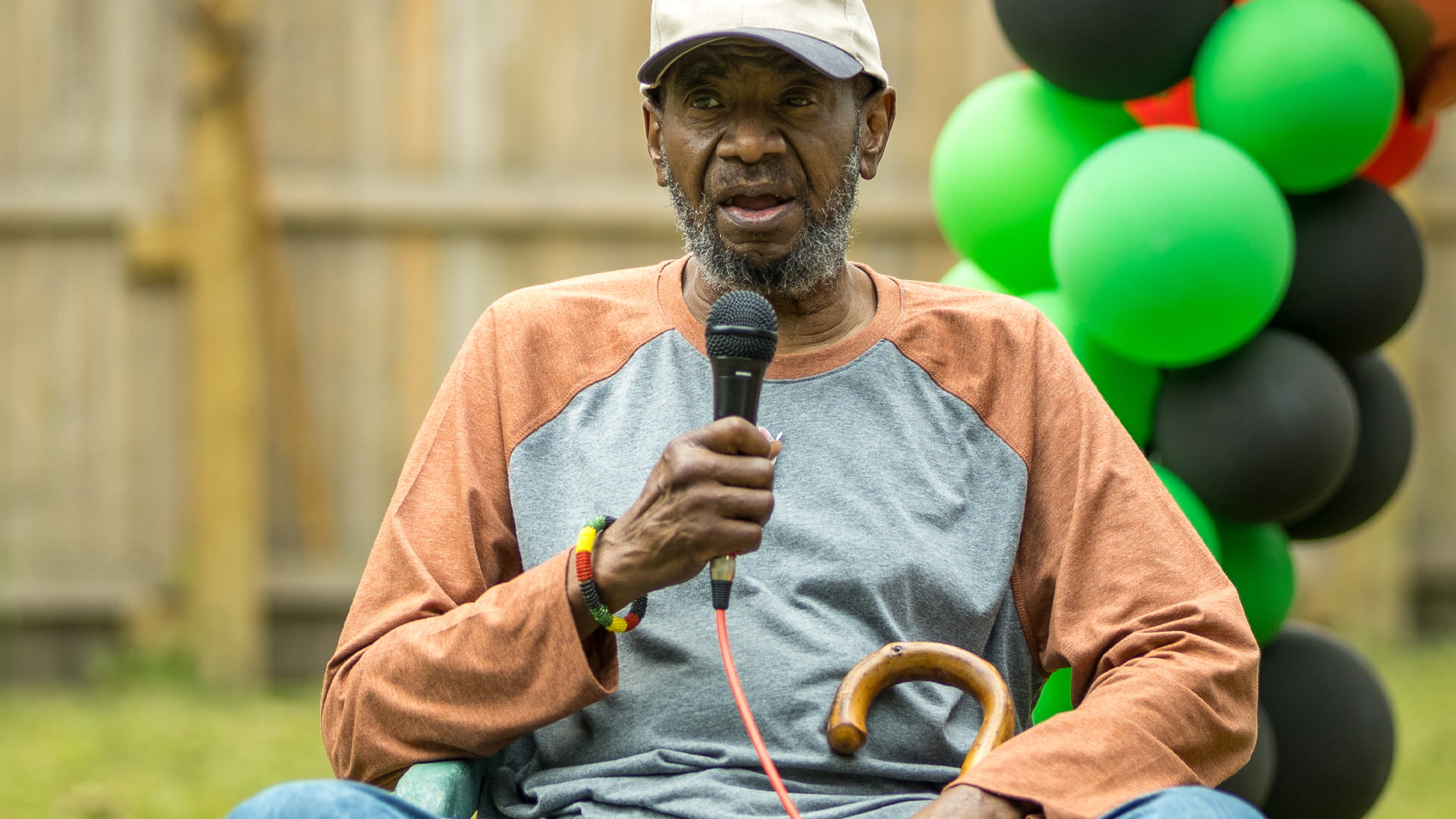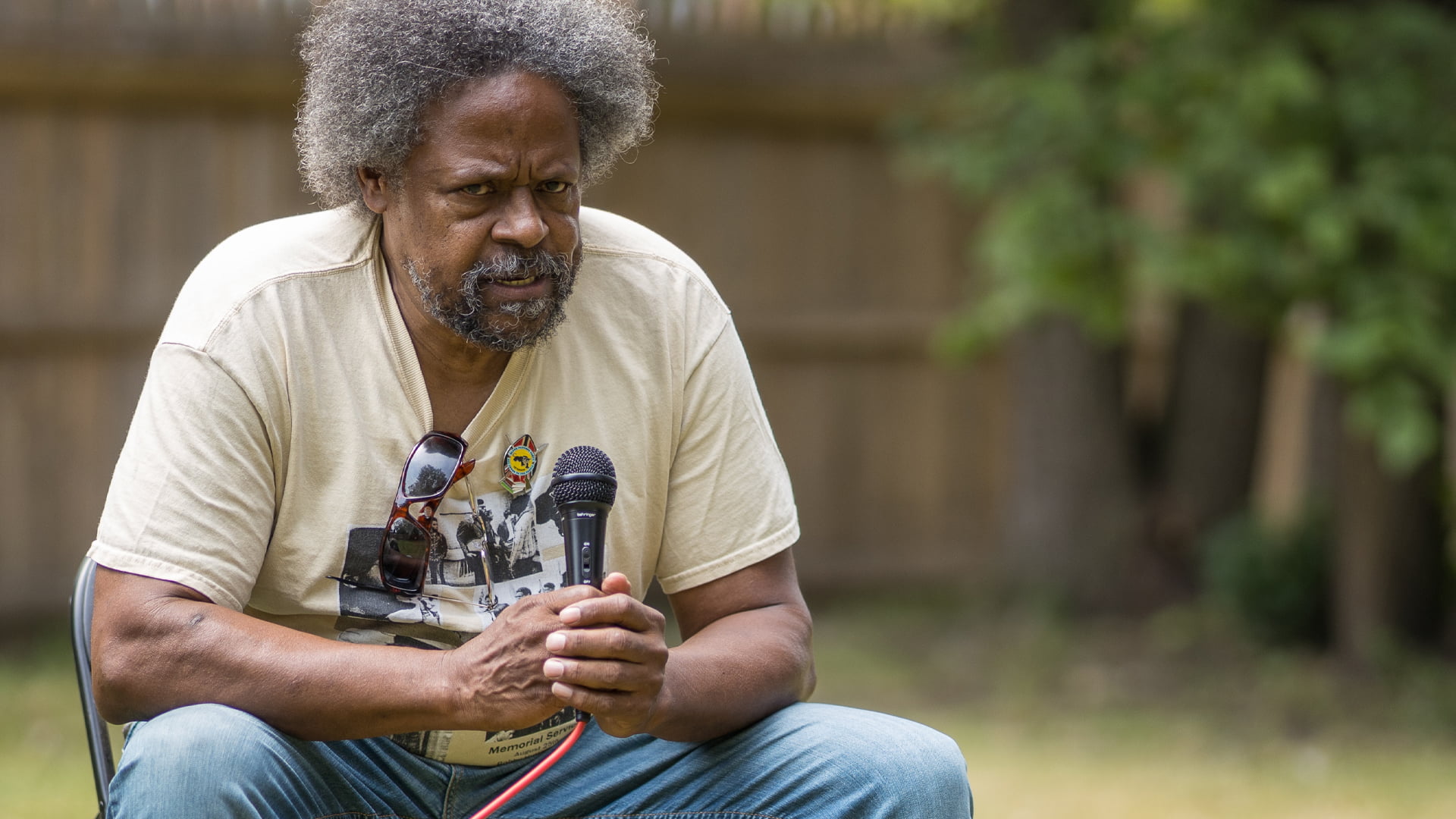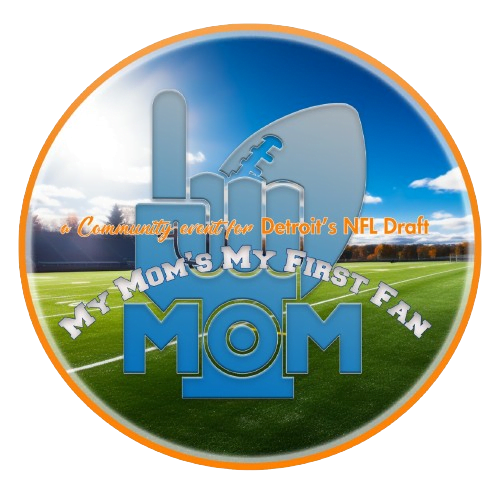Charlie Becham: Detroit’s Black History is American History
The original interview with Charlie Becham was fun, engaging, and eye-opening. Today he is back to talk more about his life story. The one-man stage play is now a film shown on Thursday, November 11, 2021, at 7 pm at the Charles H Wright Museum. His story opens up about the targeting of leaders and public officials under a microscope from the FBI. This interview explores in more detail the roles public officials play in Detroit politics. This is another piece of the puzzle into the wit, character, and savvy of being smart while honoring public service. Charlie Becham is a Detroit signature in 6 Mayoral administrations, and one of the best Detroit is Different interviews.
